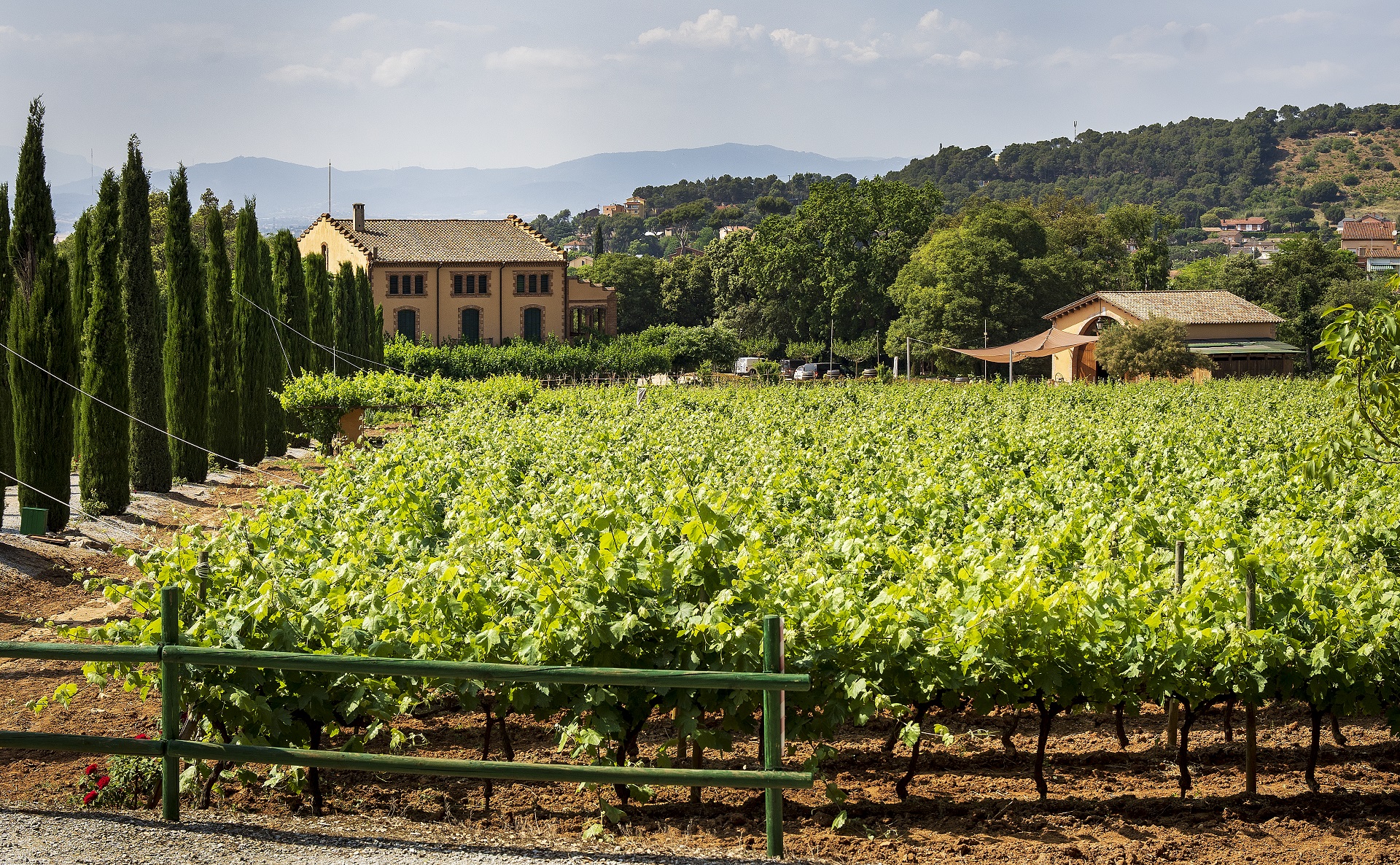Achieving food self-sufficiency in fruit and vegetables, promoting local trade with local products and achieving carbon neutrality in agri-food systems are three of the challenges raised at the third BCN Smart Rural creativity meeting, a project led by the Barcelona Provincial Council and co-financed by the European Union through FEDER funds. Organized on Friday, March 5 in an online format, the session was attended by twenty experts in the field of agroecology and local food systems in the Vallès regions.
The session began by reviewing the main characteristics of the agri-food sector in the Western and Eastern Vallès. Among the analyzed data, the progressive increase in the size of farms since 1999 and the clear predominance of cereals, a crop that occupies 62% of the territory's agricultural surface, stood out.
The participants were then asked to look at the horizon 2030-2050 and imagine a food model where the food produced in their municipalities "is visible and celebrated in every corner, where farmers receive a fair price and where everyone has access to fresh, seasonal, local and organic food", as explained by Sònia Callau, head of the Support Unit for Agricultural Areas of the Barcelona Provincial Council and coordinator of the BCN Smart Rural strategy.
Based on an active and innovative dynamic, the experts had to consider the following questions:
- How do we encourage consumers to join cooperatives or consumer groups?
- How do we get 100% of schools to serve local or local food?
- How do we increase the value of local agricultural products and the profitability of micro-enterprises in the agri-food sector?
- How do we organize the sale of food while guaranteeing the right of citizens to buy local products?
- How do we promote the consumption of local food, whether in homes, restaurants or canteens in companies, hospitals, public services, etc.?
- How do we reduce the emissions generated by the production and transport of food? And how do we increase the carbon sequestration capacity of the agricultural soil? In other words, how can we get the food systems in our territory to achieve and even contribute to reducing the global carbon footprint to zero?
The participants had the opportunity to share their concerns, needs and proposals for action in each of these themes. And, finally, they prioritized the actions to be developed using an online voting application.
This meeting of competitive creativity made it possible to learn first-hand the demands of the technicians and experts in the agricultural development of the Vallès counties and to better understand the actions they would like to prioritize in their territory.
Among the proposals presented, the ones with the greatest consensus were the incorporation of promoters of cooperatives and consumer groups; the implementation of more sustainable crops and agronomic management techniques; the adaptation of public tenders for school canteens and other collective catering equipment to encourage small-scale management and local food; and the creation of shared workshops that allow agro-food products to be valued.
More information about the competitive creativity meetings is in this link.
— BCN Smart Rural Editorial —


